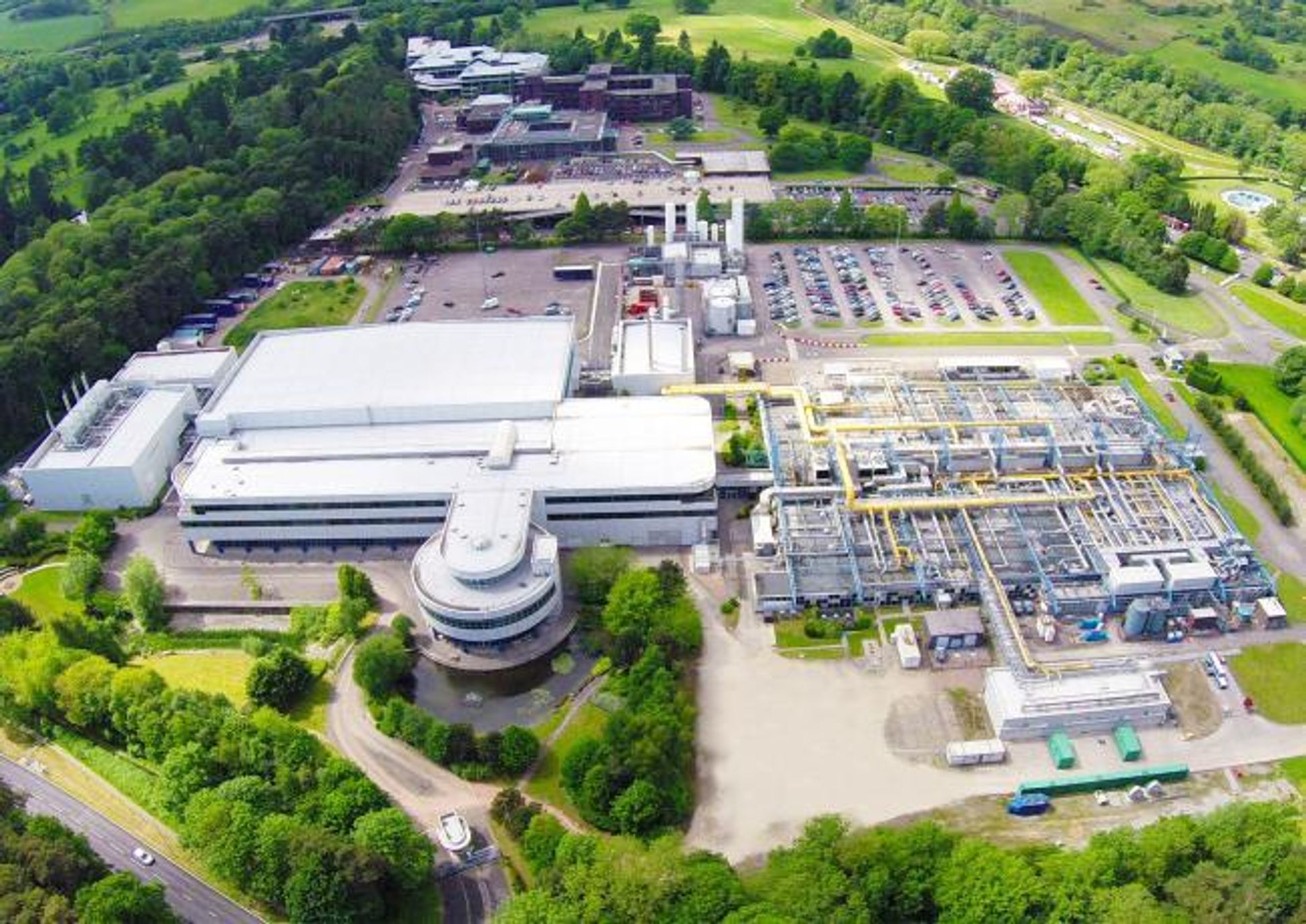Overview
Newport Wafer is a semiconductor manufacturer based in Newport, South Wales. It makes wafers that electronic circuits are printed onto, for medical, automotive, industrial, and consumer markets, and is the UK’s largest semiconductor plant.
The company, a former winner of the EEF Environmental Achievement Award in the UK, engaged with CoolPlanet to reduce electricity costs, improve energy efficiency, and lower carbon emissions.
Key Stats
42,611,727 kWh
Annual CHP savings
£1,198,782
Annual CHP cost savings
2 Years
Project length
Newport Wafer Fab
Client
Solution
CoolPlanet carried out an Investment Grade Audit at the Newport Wafer Fab facility, identifying a range of energy conservation measures. Over a period of two years (2019 and 2020), CoolPlanet completed a number of these energy efficiency projects at the facility, installing a tri-generation system, chiller optimisation, solving compressed air leaks, installing VSDs and CoolPlanetOS metering.
The installation of CoolPlanet’s energy management software (CoolPlanetOS) provided real-time and accurate visibility of consumption. This enabled the large energy users to be identified, consumption to be recorded accurately and solutions to be implemented to reduce energy costs.
A number of dashboards and daily/weekly reports were created within CoolPlanetOS to comply with the site's ISO 50001 SEUs and load centres. CoolPlanetOS is now used to present site load to ISO inspectors to demonstrate the site's energy consumption and reduction methods. A register of opportunity has been created within CoolPlanetOS and this is updated on a monthly basis to help drive energy efficiency projects.
Tri-Generation
This energy conservation measure involved the installation of a 2.5 Mw combined heat and power unit (CHP), the installation of 2 no LPHW Heat Exchangers, and the installation of a 1MWc absorption chiller at the Newport Wafer Fab Facility. The new tri-generation system reduced the load on the current boilers and chillers.
The new CHP generates 2.5 MW of electricity for the site's electricity requirements and 2.5 MW of heat energy to be split between the ABO, heating the low-temperature hot water (LTHW), and heating the deionised (DI) water.
Chiller Optimisation
Through CoolPlanetOS analysis, it was identified that there were some differences in power consumption when different Chiller units were operating.
Inefficiencies were identified in the plant during certain processes and new control panel instrumentation was installed to optimise consumption demands when the site operated at different throughput as production ramped up and down. This led to additional energy savings at certain times during the process.
Compressed Air
During CoolPlanetOS analysis, it was identified that there were a number of differences in how the compressed air systems on-site operated. It was noticed that during certain processes, the number of air compressors running changed and resulted in unnecessary energy consumption.
In order to reduce the energy consumption of the compressed air system, an air leak survey was completed on all the major pipework at the Newport site. The identified leaks were tagged and the size of the leak was estimated.
Once the leaks were repaired, a baseload for the site was identified and a watcher was set up in CoolPlanetOS to monitor this. An alert was activated on the CoolPlanetOS EMS to indicate when energy consumption increases over time.
Benefits
The reduction of electricity costs and improved energy efficiency across the site were presented back following a collaborative exercise and M&V dashboards were created on CoolPlanetOS to track and monitor that savings were being achieved. Any deviation in savings was set up as a watcher to alert when savings were not being achieved.
The project successfully stopped the issue of the costly monthly drain on the client’s finances. The CoolPlanetOS software controls deployed on-site not only managed the current energy consumption but also ensured robust controls were put in place to give the client full visibility of the plant’s energy usage and facilitated the ongoing optimisation of their energy consumption into the future.




